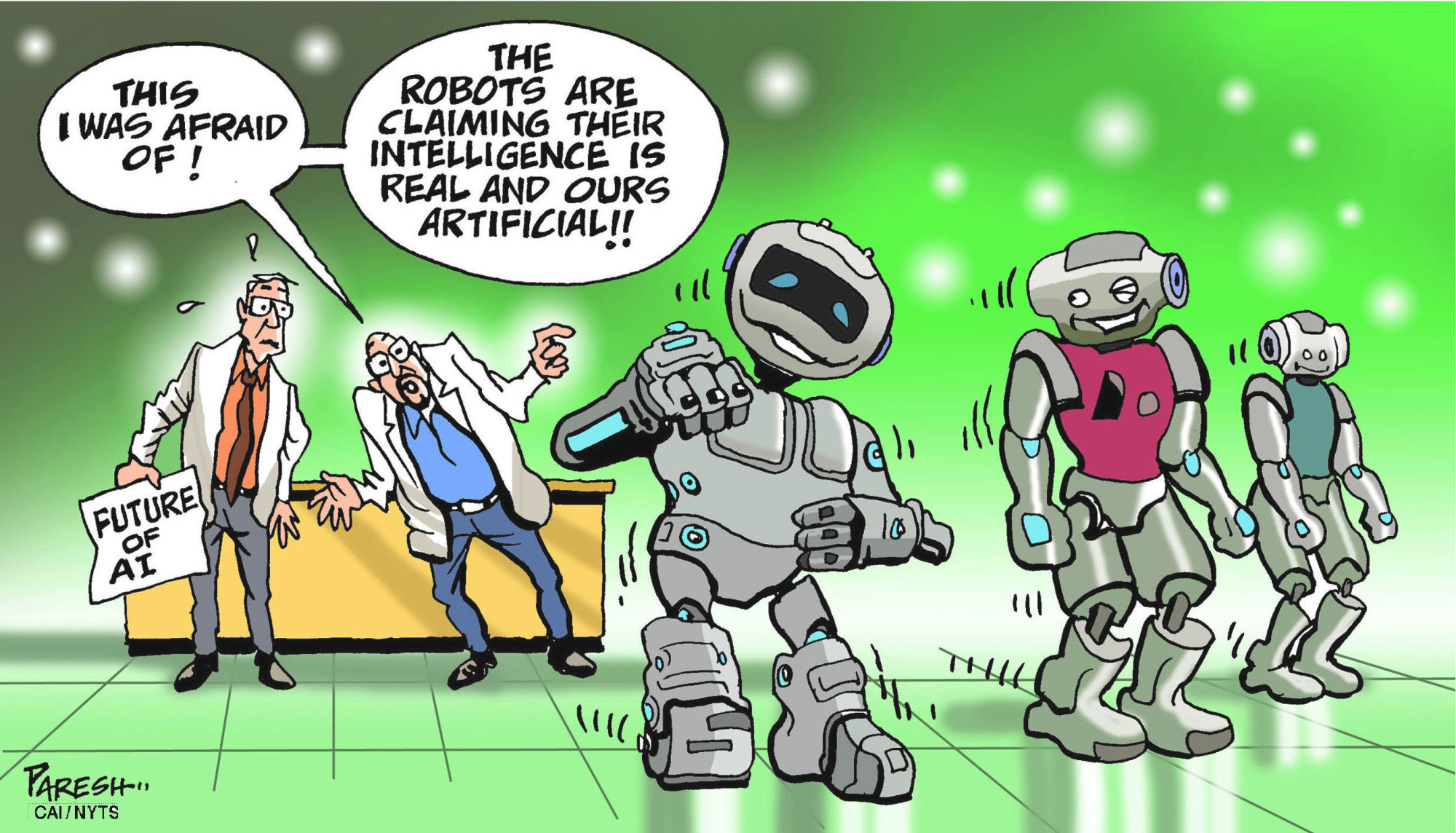Much has been written about the "future of work," and much of it makes for gloomy reading. Study after study predicts that automation will upend entire industries and leave millions unemployed. A 2013 paper by two Oxford professors even suggested that machines could replace 47 percent of jobs in the United States within "a decade or two."
Conclusions like these sustain the narrative that the future will inevitably be jobless. And yet this view is favored primarily by the corporate sector and supported by negative trends in the so-called gig economy; workers and trade unions have played little role in the conversation. If that were to change, the future of work could look very different.
Three common assumptions skew forecasts of automation's impact on employment. Addressing each is essential to protect workers' rights and change the fatalistic story line of the prevailing narrative.



















With your current subscription plan you can comment on stories. However, before writing your first comment, please create a display name in the Profile section of your subscriber account page.